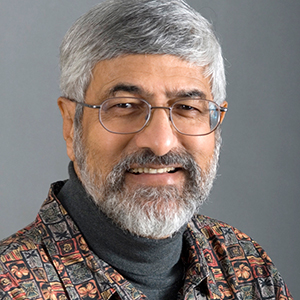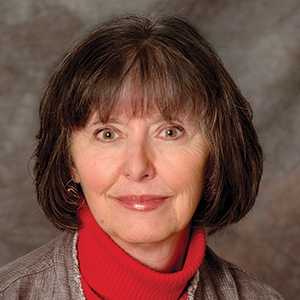-
Sound Advice
Fall 2012vol 02 | issue 03
On culturally appropriate care, access to investigational treatments and quitting smoking. -
Forward Look
India Overrides Patent on Cancer DrugWill it face a backlash for its response to Nexavar's high price?
by Corinna Wu
-
Forward Look
Fertility Preservation Catches On, But SlowlyNew cancer patients need information and quick referrals to infertility specialists.
by Charlotte Huff
-
Your Cancer Guide
Choosing a Good Support GroupLook here for advice on finding the right group for you.
by Hester Hill Schnipper
-
Easing Cancer-related Pain
A patient's treatment regimen and quality of life often depend on effective pain management.
by Melissa Weber
-
Healthy Habits
Get CenteredYoga's physical and mental benefits may ease side effects and improve your quality of life.
by Alanna Kennedy-Gorman
-
Q&A
Facing the CriticsRoger Ebert finds peace with his appearance following disfiguring cancer surgery.
by Ronni Gordon
-
Caregiving With Confidence
Relative DistanceCaregiving from afar? Consider these strategies to help support your loved one, and yourself.
by Amy Cunningham
Cancer Talk
The Power of Comedy
In a new play, the pain of cancer can be a chance to laugh.
by Ashley P. Taylor
Melanoma Risk in Childhood Cancer SurvivorsPeople treated for childhood cancer found to have twice the risk of developing melanoma as an adult.
by Cameron Walker
Online Second OpinionsMore than half of patients who participated in a program offering online second opinions were recommended a change to their treatment plan.
by Eric Fitzsimmons
Musical Toxicity an Effect of Cancer TreatmentStudy finding cancer treatment affects ability to play or sing music highlights need for physical therapy, experts say.
by Kyle Bagenstose















